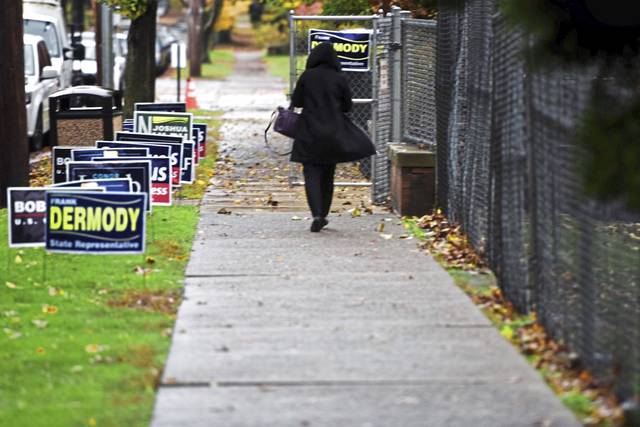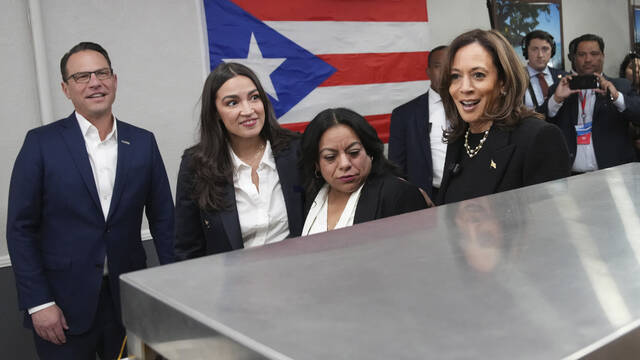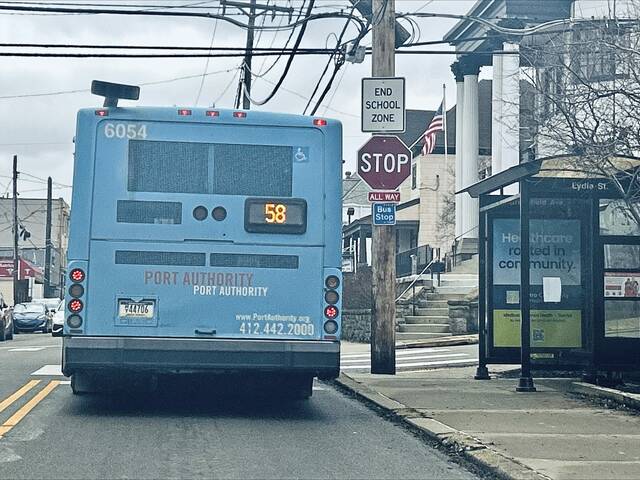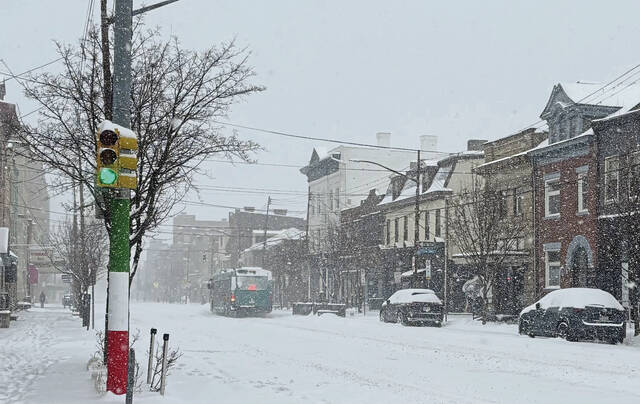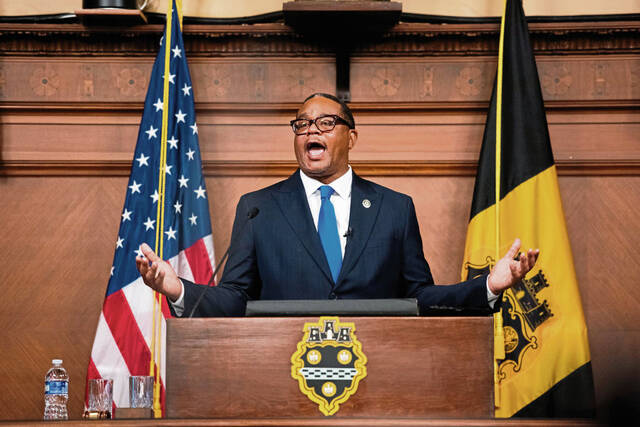Government in Pennsylvania can seem underwhelming sometimes: The lack of a responsive Legislature comes to mind, as does a baffling irrational and inefficient tax system, an indifferently maintained highway system, and a structural framework better fitted to the 19th century than the 21st.
But there is one arena where the state overwhelms by comparison almost every other state — and that is in its vast number of local government entities. Pennsylvania’s 67 counties encapsulate some 2,561 “incorporated” local governments, including hundreds of boroughs, townships and cities. That doesn’t include the state’s 500 school districts or some 1,500 “authorities” with taxing or fiscal powers (such as sewer and water authorities). Only Texas and Illinois have more local governments than the Keystone State.
The governments of these incorporated units are chosen every four years in so-called off-year or odd-year elections. 2019 will be such an election, with party primaries scheduled for May 21 and the general election Nov. 5.
When voters head to the primary polls this year they will confront a bewildering welter of possible candidate choices for a wide variety of offices. It’s not uncommon for voters to be asked to choose from 20 to 30 candidates seeking nomination to a dozen or so offices, some obscure, but many critical to the operations of local government. Voter confusion is inevitable.
In addition to judicial races there are also a large number of elections scheduled for mayors, township commissioners and supervisors, and other local officials, along with school board directors.
Primary turnout in most areas doesn’t exceed 20 percent of the electorate — and of that dismal number, perhaps a quarter of voters will have some knowledge about who is seeking these posts or will reasonably understand the functions performed by the officeholders. Voters still get left holding the short straw in this game, explaining in part why so few even participate in primary elections.
Yet, while the electorate is sometimes criticized for not “being informed,” the reality is this complicated system makes it virtually impossible for voters to unravel their choices — a task compounded by asking them to vote for offices that in many cases should be appointed rather than elected.
Local governments are vital institutions and getting qualified people in sensitive positions is essential to achieving a functioning democracy. But voting to fill many of the offices we now fill electorally makes no sense. It mocks the notion of an informed voter making sound choices. The reality is that many of these contests are more lottery than election, decided by chance such as ballot position, name recognition or interest group endorsement.
Appointing statewide appellate judges through some sort of merit system would be a good first step to resolving the voter overload imposed by the existing system. Alas, it is also an option Pennsylvania has repeatedly rejected, making the state now one of only eight that elect all judges in partisan elections.
But the voter overload problem is not limited to the judicial branch. Why, for example, should voters be asked to make electoral judgments about county row offices, such as prothonotary, clerk of courts or register of wills? These are clearly administrative functions best carried out by those chosen for their administrative abilities. And there are other potential offices among the many dozens’ voters are asked to fill that might better be filled by appointment.
Proposals to substitute appointment systems for elections often elicit charges of elitism, but in reality the present system is elitist. It produces a process which cynically manipulates voters, camouflaging it with the illusion that voters are making meaningful and informed decisions. Substituting a transparent appointment-based system would allow voters to actually focus on electoral choices that really matter, help restore accountability to local government, and nudge the state further into the 21st century.
That is the sort of things elections are supposed to do.


